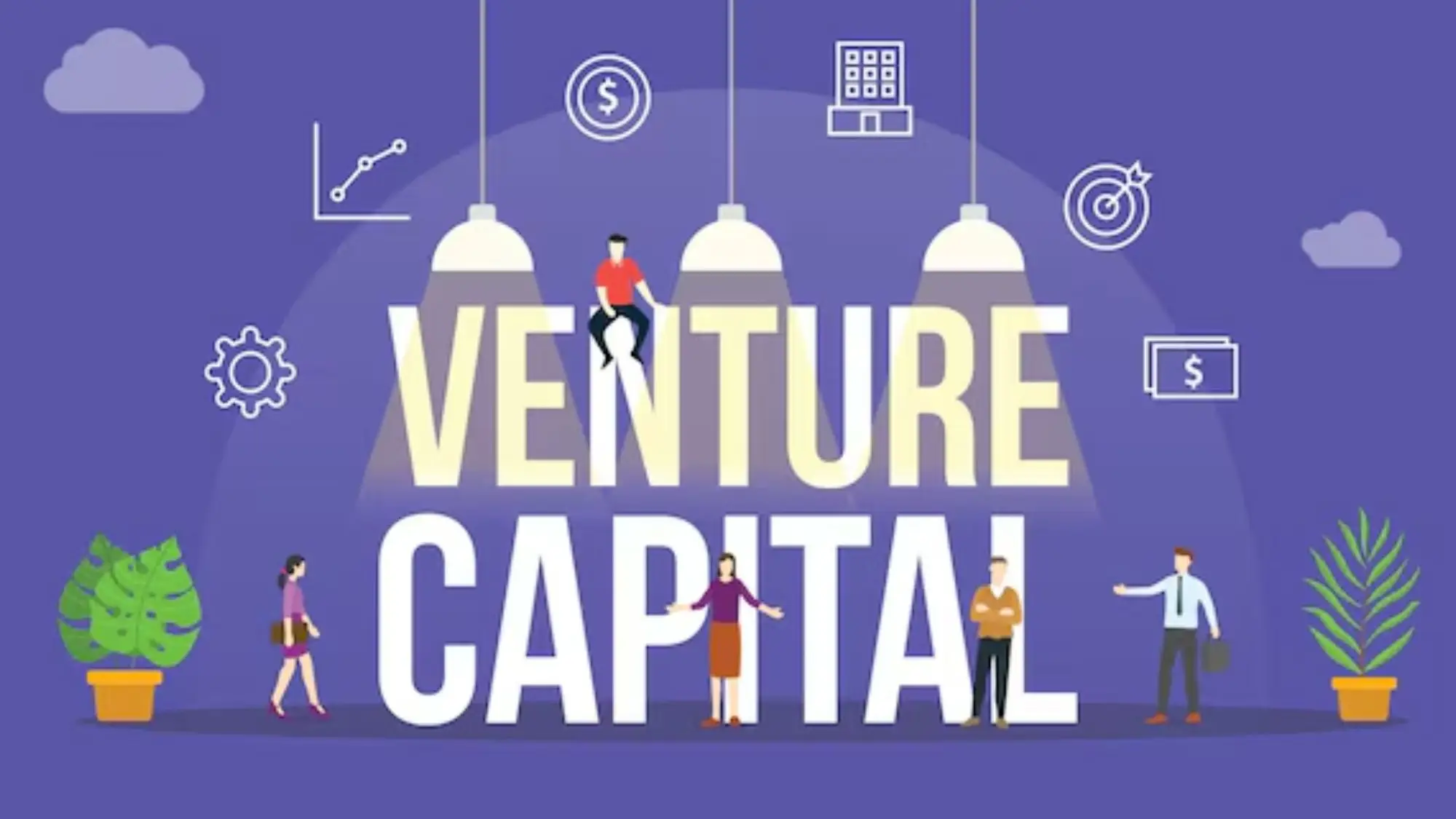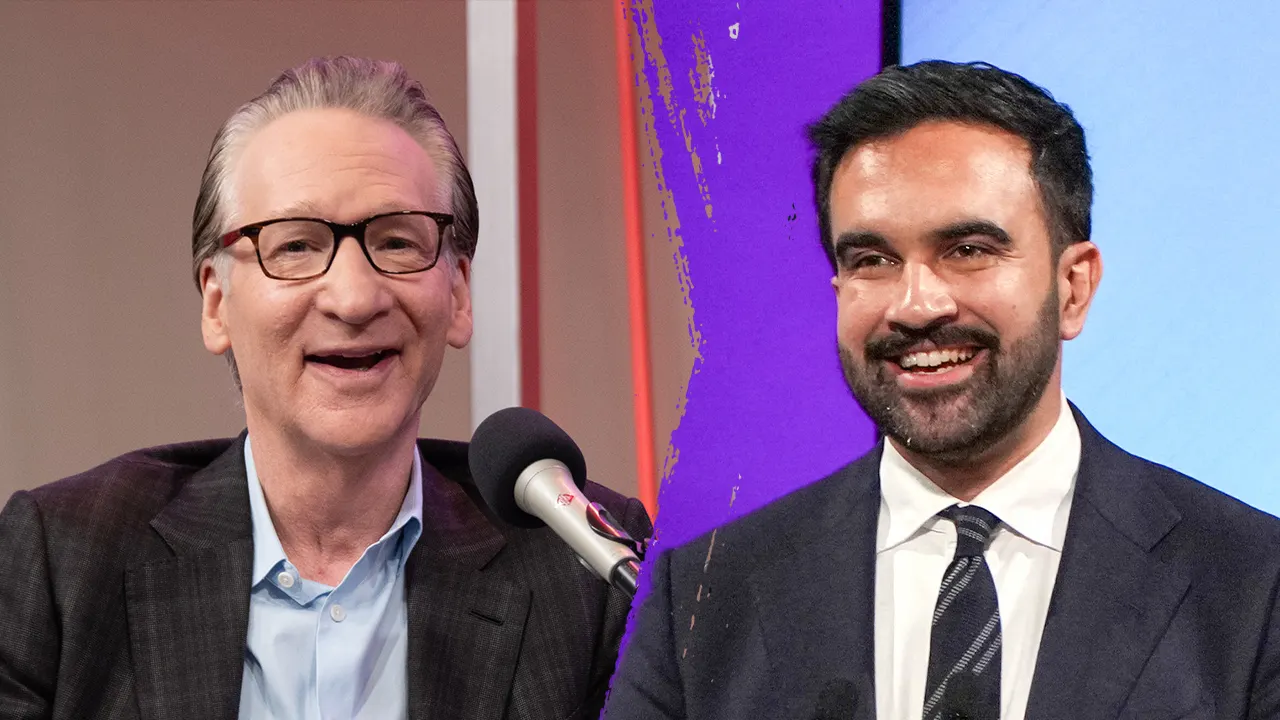Copyright republicworld

In a recent Twitter post, Zerodha co-founder and CEO Nithin Kamath shared insights into the evolution of India’s venture capital (VC) and startup ecosystem over the last 15 years. “The Indian VC ecosystem has changed quite a bit in 15 years. When we started Zerodha in 2010, ‘VC’ was an exotic term, and there was barely any startup activity. The most popular VCs were dads, uncles and aunts,” Kamath wrote.The Population Dividend and VC WavesKamath noted that India’s sheer population size has been a key driver for attracting VC interest. “India has 120 crore people, and even if 1% buy X,” he quipped, highlighting the immense market potential that investors began noticing around 2010. Early waves of VC interest were particularly strong in e-commerce and fintech sectors, including lending and payments. However, Kamath observes that the “easy opportunities are largely gone now,” with investors seeking more complex, high-potential ventures such as deep tech startups. Beyond Funding: Building an Entrepreneurial EcosystemKamath emphasised that India’s startup growth is not just about funding. Affordable internet, better education, and an aspirational culture have expanded talent beyond metro cities into rural India. “Entrepreneurship infrastructure is taking shape through centres like Atal Incubation Centres, BIRAC, Venture Centre in Pune, and incubators at IISc, IITs, and other colleges. The good ones have brilliant mentors guiding young founders from idea to viable business,” he wrote.A Maturing Funding LandscapeThe funding ecosystem itself has broadened significantly. Family offices, global institutional capital, angel investors, and corporates like Rainmatter are actively investing in startups. Kamath noted, “While there's stupidity, it’s still net positive… founders with exits reinvesting, and corporates investing their own money.” These factors, he says, create feedback loops, fostering a more vibrant and sustainable entrepreneurial environment.Looking Ahead: Local and Global ImpactKamath concluded with optimism: “I’m hoping this ecosystem grows wider and deeper, with many more Indian startups solving local and global problems.”He also reflected on the evolving geopolitical context, noting that India’s startup growth continues even as globalization becomes a contested concept. Read More - October Inflation Data Unlikely To Be Released Next Month: White House



